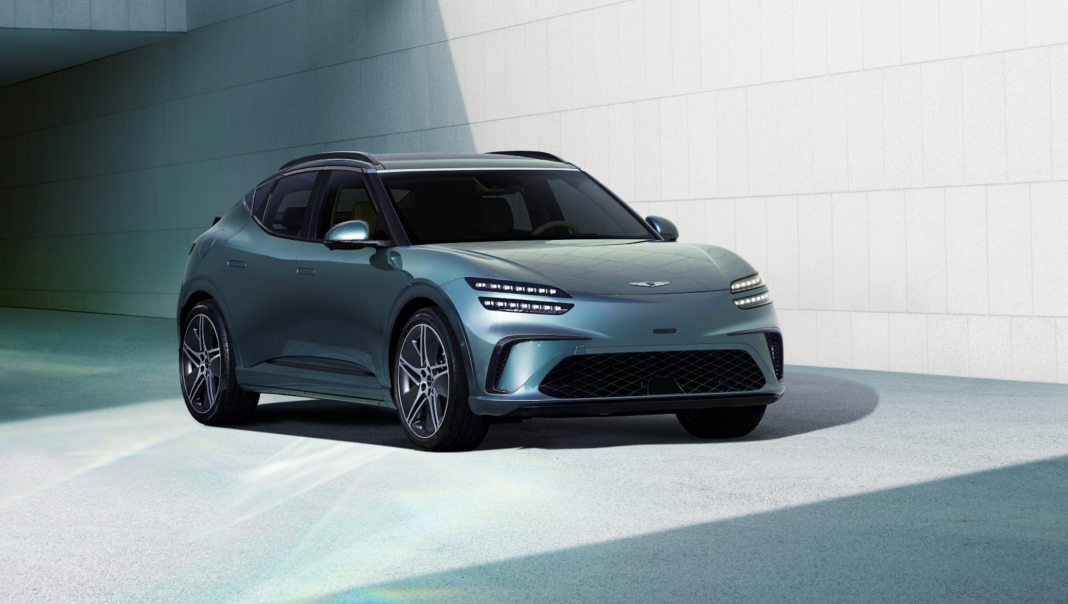Can the introduction of new technologies sustain long-term differentiation and underpin Genesis’ desired premium or luxury status? By Ian Henry
“*” indicates required fields
We have a curated list of the most noteworthy news from all across the globe. With any subscription plan, you get access to exclusive articles that let you stay ahead of the curve.
We have a curated list of the most noteworthy news from all across the globe. With any subscription plan, you get access to exclusive articles that let you stay ahead of the curve.
We have a curated list of the most noteworthy news from all across the globe. With any subscription plan, you get access to exclusive articles that let you stay ahead of the curve.
/ forever
Sign up with just an email address and you get access to this tier instantly.
/ year
Pay now and you get access to exclusive news and articles for a whole year.
/ month
By agreeing to this tier, you are billed every month after the first one until you opt out of the monthly subscription.
/ forever
Sign up with just an email address and you get access to this tier instantly.
/ year
Pay now and you get access to exclusive news and articles for a whole year.
/ month
By agreeing to this tier, you are billed every month after the first one until you opt out of the monthly subscription.
We have a curated list of the most noteworthy news from all across the globe. With any subscription plan, you get access to exclusive articles that let you stay ahead of the curve.
― Advertisement ―

Can the introduction of new technologies sustain long-term differentiation and underpin Genesis’ desired premium or luxury status? By Ian Henry
Until 2015 Genesis was a model within the Hyundai range; since then it has become a brand in its own right. It has range of three sedans (G70, G80 and G90) and three SUVs/crossovers (GV60, GV70 and GV80). The brand is focusing increasingly on electric vehicles (EVs), and from 2025 all new models will be purely electric, with remaining internal combustion engine or hybrid models due to be phased out by 2030. At least, that is the current plan. Whether the recent slowdown in the growth of EV sales in many markets will force a rethink in this regard is another matter and in some markets, including Korea, sales of hybrids are likely to continue for longer than in Europe.
Scroll
“*” indicates required fields
We have a curated list of the most noteworthy news from all across the globe. With any subscription plan, you get access to exclusive articles that let you stay ahead of the curve.
Copyright CarWolrd Chronicles © 2024